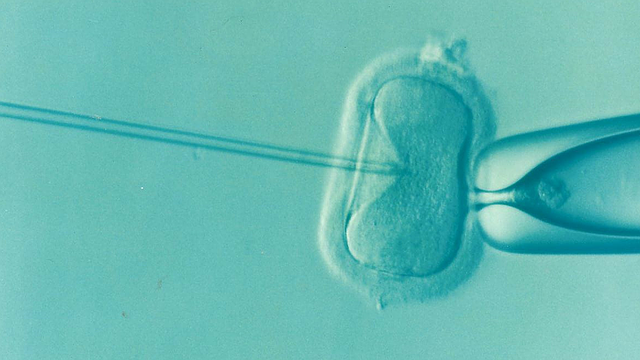The United Kingdom has become the first country where it’s legal to create a three-parent baby using healthy DNA from donors to fix certain genetic problems.
The Human Fertilization and Embryology Authority (HFEA), the body responsible for regulating fertility clinics, has given the green light on the “cautious use” of the procedure, which was developed by British scientists. The technique replaces an egg’s faulty mitochondrial DNA with healthy mitochondrial DNA from a second female donor to prevent the offspring from developing genetic illnesses, Huffington Post reports.
Such a child would have two biological mothers and one father – a situation that is ripe for court challenges regarding custody or inheritance in the future.
HFEA has only approved the technique for “certain, specific cases,” or when all other options have proven to be improbable. Sally Cheshire, chairwoman, said that the move could be “life-changing” for families. For example, parents who have high chances that their kids might be born with mitochondrial diseases “may soon have the chance of a healthy, genetically related child,” she added.
Fertility clinics can begin applying for a license to offer the procedure as early as 2017.
The first three-parent babies are expected to be born later next year. Newcastle University, which pioneered this genetic technique, is one of the first to apply for a license as parents have already begun expressing interest. Newcastle doctors are also looking for women with healthy eggs.
The procedure involves transplanting nuclear DNA, which holds a person’s individual characteristics, from a fertilized egg into an egg that has healthy mitochondria. In the same way, the deficient mitochondria can be removed from a fertilized egg and replaced with healthy ones. Mitochondrial DNA is inherited from the mother.
While the UK is the first country to legalize the procedure, the first baby ever successfully born from it was in Mexico earlier this year. It was conducted by a doctor from a Manhattan fertility clinic, as there are no laws against the technique in Mexico, but is banned in the USA.
Critics have pointed out that manipulating human genes may present unforeseen consequences that may be passed on for generations. They also fear that this may open the doors for “designer babies,” where children are created with selected traits that are considered desirable.
David King, director of the watchdog group Human Genetics Alert, said, “This decision, to approve experiments on babies, using this dangerous and medically unnecessary technology, risks all our children’s futures.”
However, other scientists have welcomed the procedure as a means to help parents have healthy families.
























